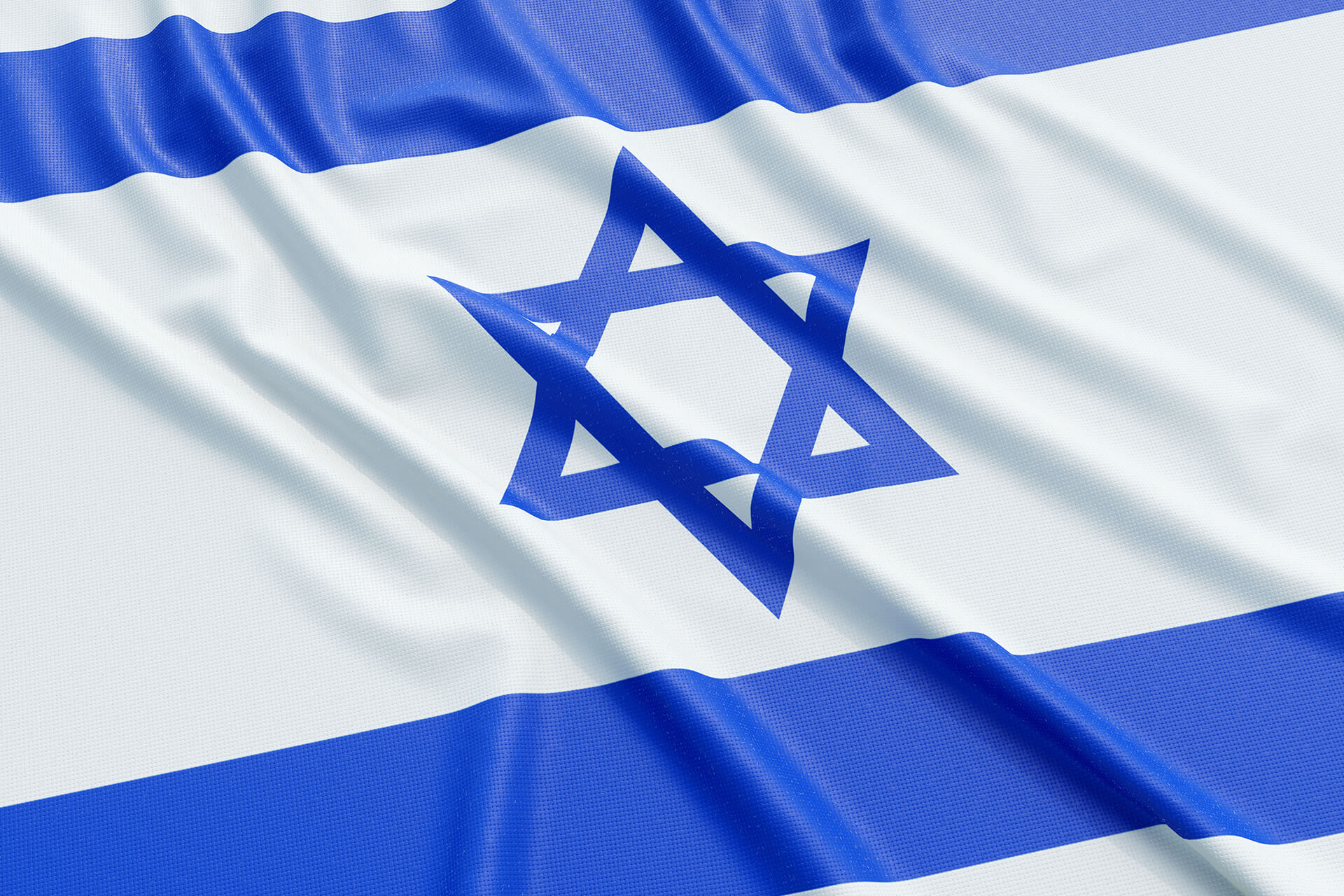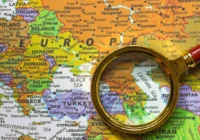Economic and military hard power have not solved Israeli problems with its neighbors and with Arabs living within in the past few decades. The handshake between Israeli Prime Minister Yitzhak Rabin and Palestine Liberation Organization Chairman Yasser Arafat, in September 1993, with the US president Bill Clinton in the middle, was the result of a long soft power effort of diplomats from all over the world. And it didn’t bring peace among the two regions either.
Now, Israel’s most recent soft power tool is audiovisual culture, especially TV shows. The main goal may not be peace or just profits to the country’s production companies. Over the long term, those productions are made to seduce the hearts and minds of the worldwide population that watches these shows in streaming services, creating a positive perception of Israeli narratives concerning several issues shown in the series.
The most important ingredients to make a nation’s audiovisual products a tool of a soft power exist in abundance in Israel today. There’s enough money and international co-production agreements to make good-quality TV shows, full of special effects, different locations and talented screenwriters, directors and stars. There are enough interesting real stories happening every day in the region, inspiring writers to deliver products about religion, politics, sex, culture, corruption, violence, prejudice, social injustices and more. And the most important ingredient: Israel is a democracy with freedom of speech, an essential tool for touching sore spots concerning their own failures and regrets and favoring the production of compelling audiovisual art and entertainment.
The story of Israeli TV success
The kickoff of the Israeli audiovisual boom was the HBO psychotherapy drama BeTipul (2005-2008), that generated the HBO adaptation ‘In Treatment’ (2008), winner of two Primetime Emmys. Gideon Raff’s Prisoners of War (2009-2012) was adapted in Hollywood as ‘Homeland’ (2011-2020), winning eight Primetime Emmys. But Hollywood’s adapting and winning more awards than the original stories is just the tip of the iceberg. The new trend of Israeli audiovisual culture’s soft power are TV shows spoken in Hebrew and Arabic, shot in the Middle East and distributed all over the world by streaming giants like Nefflix, HBO Max and AppleTV+. Success of the original productions internationally and in festivals facilitates shaping the world’s preferences toward narratives in which Israel controls the content, the moral of the stories and, of course, the profits.
The first non-English TV show on AppleTV+ — the International Award Emmy winner Tehran’(2021) — is spoken in Hebrew and Arabic. It is considered the new Homeland among TV shows, with the special participation of Hollywood star Glenn Close. After an explosive Season 2 finale late last June, fans are demanding its renewal for Season 3. The story follows a Mossad agent in her first mission as a hacker in Tehran.
With lots of political critique among the amazing scenes of car chases, explosions and betrayals, the show also emphasizes a “fictional” underground life in Iran, where women drink, have uninhibited sex and young people, including the son of the most powerful general of Iran, party with drugs and alcohol.
Ori Elon’s show ‘Shtisel’ (2013-2021) became an international hit on Netflix using a different strategy designed to strengthen Israel’s cultural soft power. Its brilliant screenplaytries to demystify religious orthodoxy by following the lives of Shulem Shtisel (Doval’e Glickman), a teacher, and his son Akiva (Michael Aloni), who discuss moral issues such as arranged marriage, pride, feminism and religion. With its style that combines the influence of This is Us and Downton Abbey’, ‘Shtisel’ generated so many debates over the internet about fundamentalism – not only Jewish, but also Christian and Islamic – that Marta Kauffman, co-creator of Friends and Grace and Frankie, is now developing the American version for Amazon Prime.
Just like Hollywood, Israel’s new boom of TV shows don’t target only on Israeli cultural specificities. They seek to conquer the world thanks to stories with universal themes. One such is the psychological thriller Losing Alice (2021), premiered by Israeli channel Hot 3 in June 2020 and internationally on Apple TV+ in January 2021. The series follows a frustrated film director, Alice, mother of three daughters, and tracks her obsession with Sophie, a young screenwriter. Alice is played by Israeli star Ayelet Zurer, known for Angels & Demons and Munich.
The Israeli TV drama The Lesson competed in the 2022 edition of the prestigious TV Series Festival in Berlin and won two awards in the Canneseries Longform Competition. Co-starring Doron Ben David (Fauda), it tells the story of a high school teacher and the conflict with his students over racism following a social media post.
Soft power collateral damages
Controlling the narrative means owning the morals of the stories. But even if talented screenwriters try to make it as realistic as possible, collateral damage is almost certain. TV shows that are mega-hits like Netflix’s The Spy (2019), Fauda (2015) and Hit & Run (2021) show ordinary Israelis recruited by Mossad or the Israeli Air Force, who become effective agents in infiltrating and capturing even the most difficult enemies, a clear message celebrating Israel’s invincible secret service and its technologies. HBO’s Valley of Tears (2020) goes further by turning the arrogance of the Israeli army in the initial moments of the Yom Kippur War into an overall lesson in overcoming adversity.
Another type of collateral damage to soft power occurs when its own citizens reject the show’s perspectives. The HBO-Keshet co-production Our Boys (2019) was called “anti-Semitic” by Israel Prime Minister Benjamin Netanyahu, who urged a boycott of the production. The show emphasized the death of a Palestinian boy rather than the Israeli victims whose death led to the Gaza conflict in 2014. The producers tried to show the violence caused by three ultra-orthodox Jews from the perspective of the Palestinian boy’s family, but part of the Jewish audience in Israel and around the globe complainedthat the series left the deaths caused by Hamas in background.
Last but not the least, the collateral damage to soft power is competition. Everyone wants to claim a slice of the result of cultural increased soft power influence over the global population. Producing a full season of a TV show is usually more expensive than producing a film., Palestine is thus getting help from streaming services like Netflix to tell their stories told in movies. Palestinian Stories, released last October by the streaming giant, is a collection of 32 award-wining films either directed by Palestinian filmmakers or recounting Palestinian stories. Most of them are about the life of Palestinians in the West Bank and Gaza, both occupied by Israel since 1967. But there’s also one TV show that aims at competing with Israeli narratives. After watching Fauda, Palestinian director Mohammed Soraya is making his own version of the conflicts in a Gaza TV studio.
Qabdat Al-Ahrar (Fist of the Free) will revisit the 2018 Israeli operation in the Gaza Strip that resulted in the deaths of seven Hamas fighters and an Israeli officer. It is a modest,low-budget production with poor salaries for artists and crew. That helps to account for even the biggest problem of the Hamas TV series: Its lack of realism.: Local actors play Israelis and say they are exposed to real-world hostility. Israeli characters speak only in Arabic and, at the request of the Hamas mufti, women wear headscarves even if they are portraying Jewish characters. The perfect ingredients to turn Qabdat Al-Ahrar into a propaganda preaching to their own choir and not a soft power instrument to the world.
The views expressed in this article are the author’s own and do not necessarily reflect Fair Observer’s editorial policy.
Support Fair Observer
We rely on your support for our independence, diversity and quality.
For more than 10 years, Fair Observer has been free, fair and independent. No billionaire owns us, no advertisers control us. We are a reader-supported nonprofit. Unlike many other publications, we keep our content free for readers regardless of where they live or whether they can afford to pay. We have no paywalls and no ads.
In the post-truth era of fake news, echo chambers and filter bubbles, we publish a plurality of perspectives from around the world. Anyone can publish with us, but everyone goes through a rigorous editorial process. So, you get fact-checked, well-reasoned content instead of noise.
We publish 2,500+ voices from 90+ countries. We also conduct education and training programs
on subjects ranging from digital media and journalism to writing and critical thinking. This
doesn’t come cheap. Servers, editors, trainers and web developers cost
money.
Please consider supporting us on a regular basis as a recurring donor or a
sustaining member.
Will you support FO’s journalism?
We rely on your support for our independence, diversity and quality.







Comment